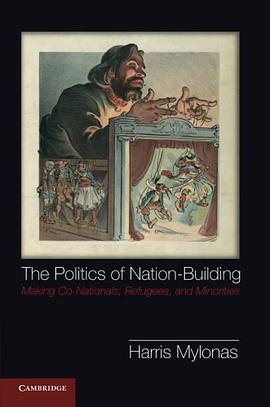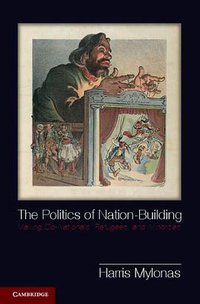The Politics of Nation-Building
豆瓣
Making Co-Nationals, Refugees and Minorities
Harris Mylonas
简介
What drives a state's choice to assimilate, accommodate or exclude ethnic groups within its territory? In this innovative work on the international politics of nation-building, Harris Mylonas argues that a state's nation-building policies toward non-core groups - individuals perceived as an ethnic group by the ruling elite of a state - are influenced by both its foreign policy goals and its relations with the external patrons of these groups. Through a detailed study of the Balkans, Mylonas shows that how a state treats a non-core group within its own borders is determined largely by whether the state's foreign policy is revisionist or cleaves to the international status quo, and whether it is allied or in rivalry with that group's external patrons. Mylonas injects international politics into the study of nation-building, building a bridge between international relations and the comparative politics of ethnicity and nationalism.
contents
1. Introduction;
Part I. Theory:
2. The international politics of assimilation, accommodation, and exclusion;
Part II. Empirical Evidence:
3. Why the Balkans?;
4. Cross-national variation: nation-building in post-World War I Balkans;
5. Odd cases: analysis of outliers;
6. Subnational variation: Greek nation-building in western Macedonia, 1916–20;
7. Temporal variation: Serbian nation-building toward Albanians, 1878–1941;
8. Application of the theory beyond the Balkans;
9. Conclusion.
